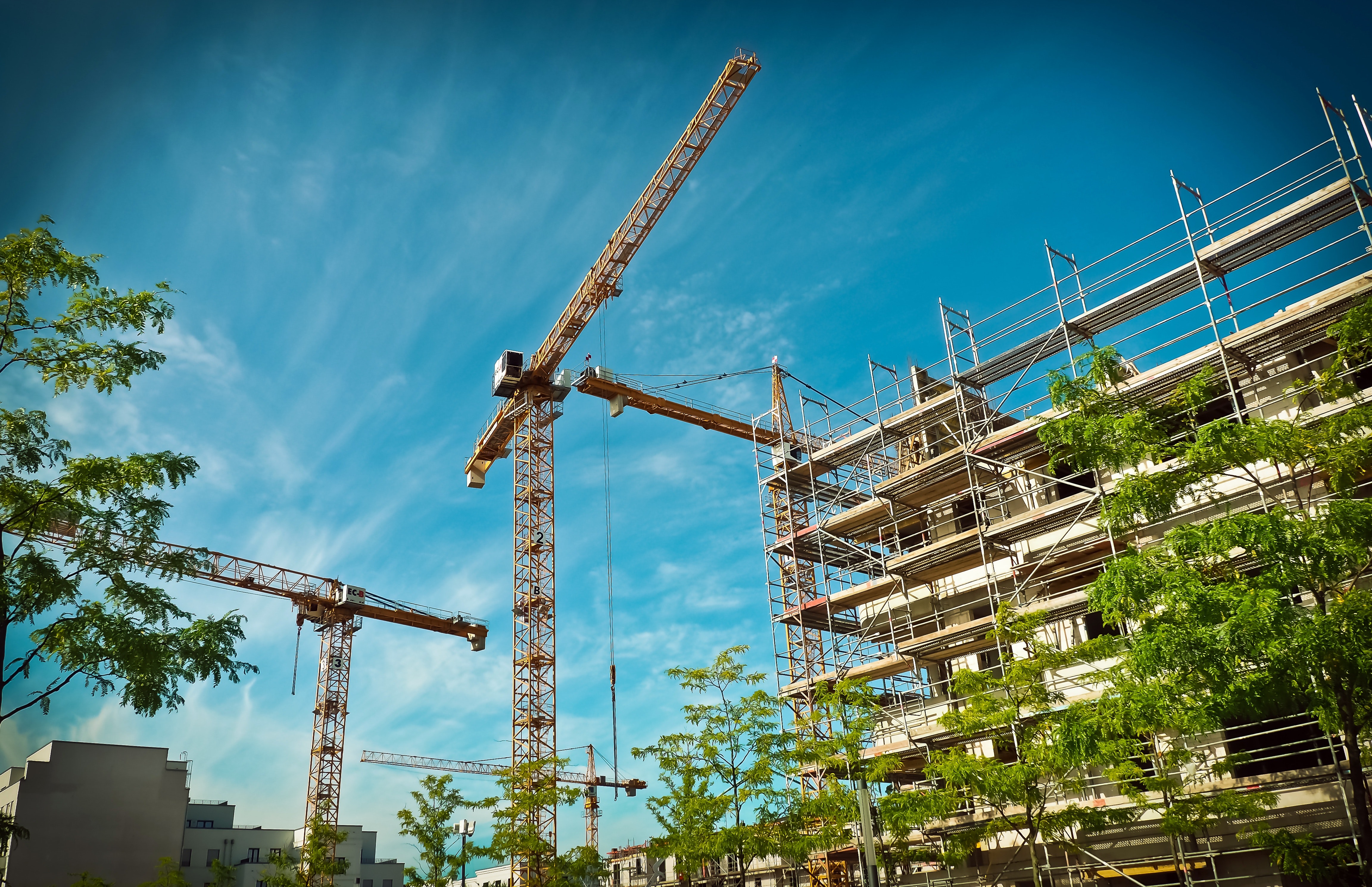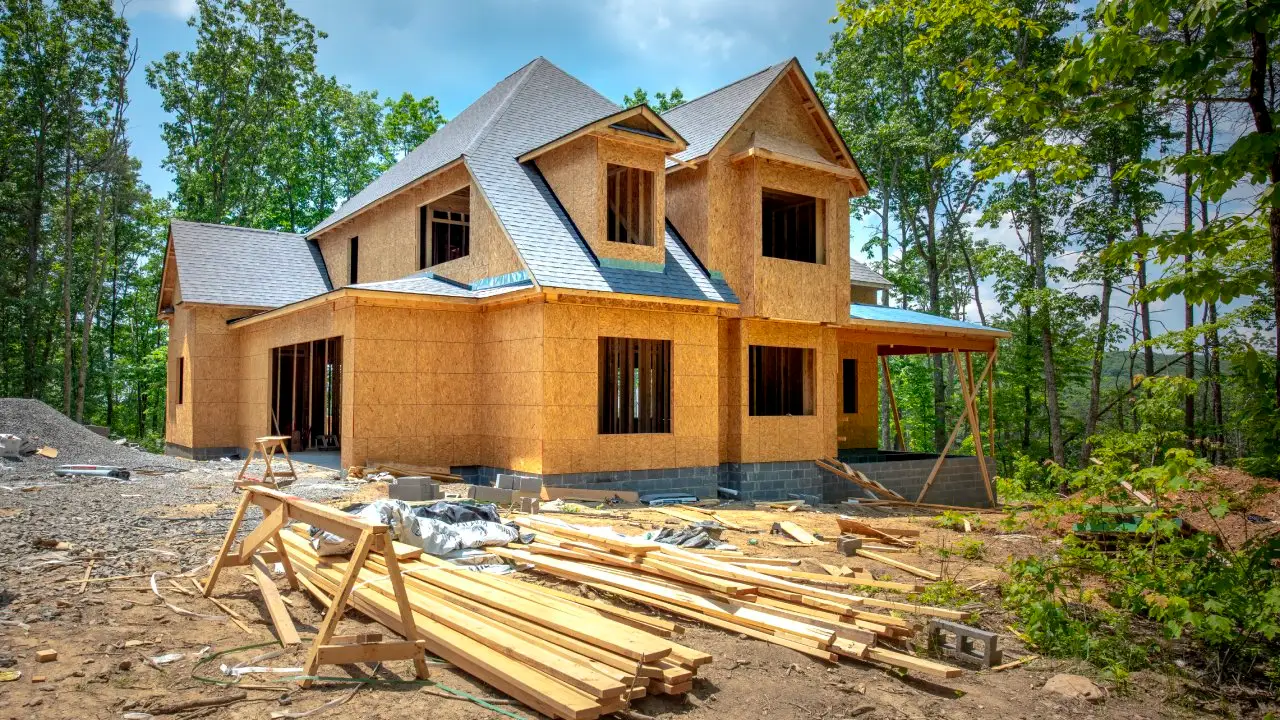Most construction projects of any size have target start and stop dates. Material delays, change orders, schedules, and weather can always alter the final finished product. Unlike construction projects, disgorgement claims against unlicensed contractors have a critical path which cannot be altered. A claim is ripe when the work is finished or the contractor leaves the job, and the disgorgement claim must be filed within one year.
Until Eisenberg Village v. Suffolk Construction, 53 Cal.App.5th 1201 (2020), disgorgement claim “start and stop” dates were not clearly delineated. Eisenberg Village established two main conclusions regarding a disgorgement claim against a general contractor in California:
- The consumer protection-based provision which allows for recovery of all compensation paid to an unlicensed contractor [California’s Business and Professions Code section 7031(b)] is a penalty. As a penalty, and not damages, a disgorgement claim must be filed within one year from the substantial completion or cessation of the contractor’s performance; and
- Since disgorgement is a penalty, the applicable limitations period starts to run for such a claim when an unlicensed contractor completes or ceases performance of the act or contract at issue. There is no additional time afforded to a claimant through delay or tolling.
In March 2021, another opinion from a different California appellate district followed the lead and logic of the Eisenberg Village ruling. San Francisco CDC LLC v. Webcor Construction L.P., 62 Cal.App.5th 266 (2021) became the second Court of Appeals in the state to hold that a one (1) year statute of limitations, beginning upon completion or cessation of work on a project, applies to disgorgement claims under Business and Professions Code section 7031(b). The San Francisco CDC decision further confirms the start date for such an action is not subject to equitable tolling or delayed discovery.
By way of background, plaintiff in Eisenberg Village asserted its claim for disgorgement against Suffolk Construction Company, Inc. (Suffolk) five years after Suffolk completed construction of a 108-unit assisted living facility in Reseda, California. Plaintiff in San Francisco CDC filed its action asserting section 7031(b) claims against Webcor Construction, L.P., et al. more than eight years after construction of a hotel was completed in San Francisco, California.
The San Francisco CDC opinion, by agreeing with the Eisenberg Village opinion, established a trend, which arguably makes the Eisenberg Village opinion an influencer, in today’s parlance.
Penalty, Not Restitution
The Eisenberg Village opinion first concluded a disgorgement claim is a penalty assessed against a contractor because it “deprives the contractor of any compensation for labor and materials used in the contraction while allowing the plaintiff to retain the benefits of that construction” [Eisenberg Village, 53 Cal.App.5th at 1212]. Simply put, because the project owner does not have to suffer injury to seek the remedy, it is a penalty against the contractor, and not restitution to the owner. The public policy of deterring contractors from operating without a valid license is the basis for the penalty. The state purposely provides a windfall to project owners at the expense of the unlicensed contractor, and yet, the owner retains the work completed by the contractor and can be awarded monies for building the project. Given this is a penalty, an action to recover the penalty must be brought within one year, pursuant to California Code of Civil Procedure section 340(a), a one-year statute of limitations for statutory forfeiture or penalty causes of action.
The San Francisco CDC decision agreed with this assessment and noted the appropriateness of calling a disgorgement claim a penalty, since courts have similarly characterized the disgorgement provision of Business and Professions Code section 7031(b) as a harsh or punitive statutory remedy meant to dissuade unlicensed work [Judicial Council of California v. Jacobs Facilities, Inc. (2015) 239 Cal.App.4th 882, at 895]. San Francisco CDC also recognized a disgorgement operates as a “forfeiture” because it deprives an unlicensed contractor of all compensation, and the quality of the work is not the reason for the disgorgement or the reasons for the failure of licensure.
No Delayed Discovery or Equitable Tolling Applies
The San Francisco CDC decision echoed the Eisenberg Village decision regarding delayed discovery. Any allowance for the disgorgement claims to accrue only after discovery of injury would result in absurd outcomes. Without a limitation on discovery of the issue (since no injury is required to bring a Business and Professions Code section 7031(b) claim), a plaintiff could discover a licensing violation ten years later and file suit. “If the plaintiff has no duty to investigate whether the contractor was properly licensed absent some sort of facts that would put him or her on notice, there would be, in effect, no time limitation at all in most cases.” [San Francisco CDC, 62 Cal.App.5th 266, citing Eisenberg Village, 53 Cal.App.5th at 1214]
Both opinions recognized that there are instances when it is difficult for a party to observe or understand the breach of a duty or determine when the injury itself occurred. As such, the discovery rule based on equity and the concepts of fairness allow for an accrual of a claim to be a movable target.
However, California’s Business and Professions Code section 7031(b) is the statute designed to punish the unlicensed nature of a contractor. The intent of the statute is not to compensate plaintiff, but instead to apply drastic measures upon those contractors not in compliance with licensure. Therefore, discovery of a licensure issue is not the trigger; completion of the construction work creates the start date.
As stated in Eisenberg Village, “if we were to hold that the discovery rule applied, it would be nearly impossible to formulate rules for its application that could be consistently applied” [Eisenberg Village, 53 Cal.App.5th at 1214] because the underlying concern is to stay true to protecting all parties from the defense of a stale claim. Since Business and Professions Code section 7031(b) does not require any injury to the project owner, the Eisenberg Village court indicated if a plaintiff wants to pursue a disgorgement claim, the party has a duty to investigate whether the contractor was properly licensed.
The San Francisco CDC opinion reiterates this point by agreeing with Eisenberg Village’s analysis: applying a discovery rule allows for the absurd predicament in which plaintiff could discover a licensing violation ten years after construction and file a lawsuit. “The one-year statute of limitations applies to disgorgement claims brought under Business and Professions Code section 7031, and the discovery rule and other equitable doctrines do not.” [Eisenberg Village, 53 Cal.App.5th 1214] Both courts reasoned that when it comes to making a claim as to the licensing status of a contractor, the public is put on notice and the public has the obligation and the means to determine such stature.
Takeaway
An overall trend in construction related matters is developing. The policies in play protecting the public are also in play protecting the contractors. The counterargument is that these rulings reduce the power of California Business and Professions Code section 7031 to protect the public from unlicensed contractors. While it certainly is true that investigation of licensure issues must be prompt, these rulings simply provide an appropriate time in which to act. Much like statutes of repose prevent construction defect claims after ten years [California Code of Civil Procedure section 337.15 and Civil Code section 941(a)], disgorgement claims necessary to protect the public must also have protection from a statute of limitation in order to afford assurances to contractors.




